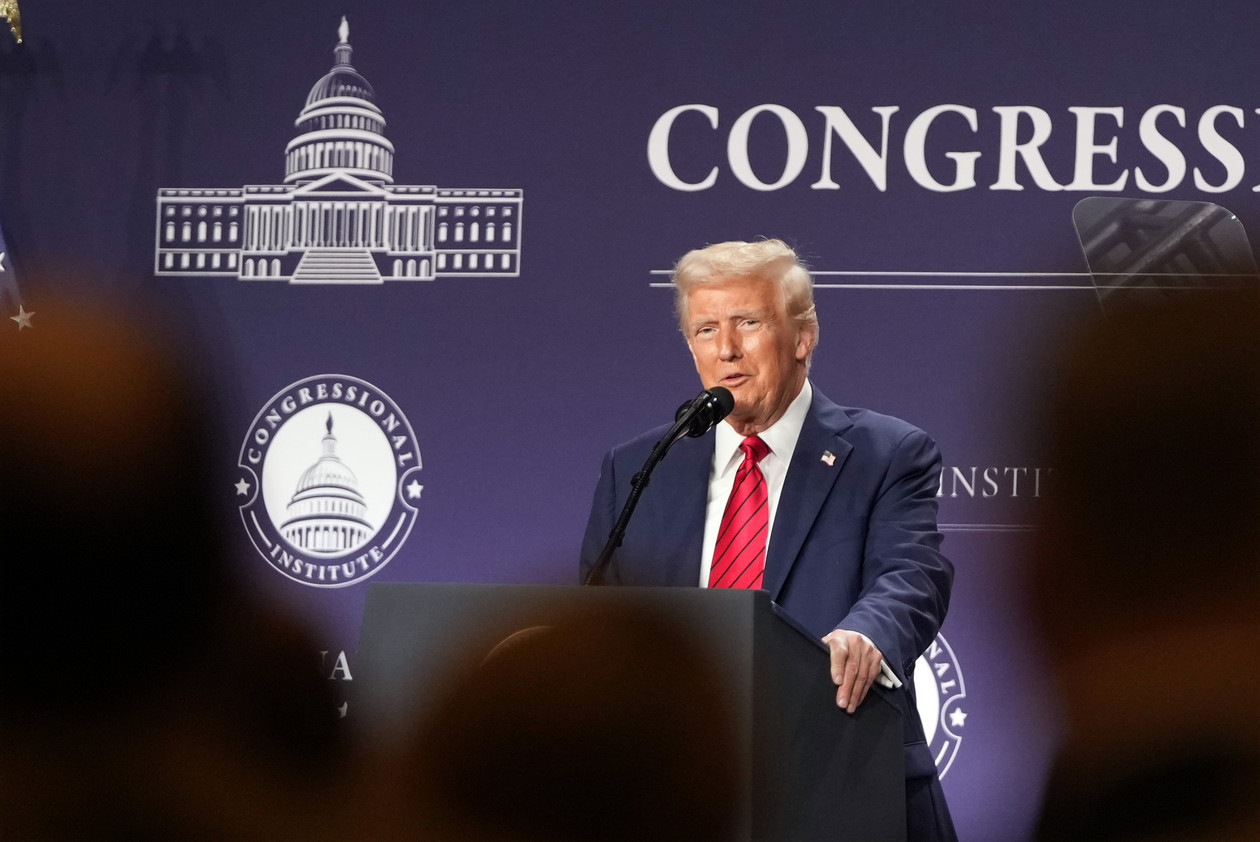As a result of the “One Big Beautiful Bill Act,” Penn will be subject to a 4% endowment tax rate
Photo Credit: Jennifer Mesa
By: Dia Tanwar
Penn will pay significantly increased endowment taxes in the 2026 fiscal year as a result of the “One Big Beautiful Bill Act.” The act will affect many private, non-profit higher education institutions which have accumulated large endowments, such as the University of Pennsylvania.
The endowment tax was first introduced through the Tax Cuts and Jobs Act (TCJA) of 2017 under the Trump administration’s first term. Before the passage of TCJA, non-profit organizations, including nonprofit universities like Penn, were exempt from federal income tax.
Initially, the endowment tax levied a flat 1.4% fee on investment earnings, but the new bill expands upon this system. Universities with at least 3,000 students will now join new tax brackets.
Universities with endowments between $750,001 and $2 million per student will now be subject to a total tax rate of 4%, up 2.6% from the initial TCJA endowment tax. University endowments between $500,000 and $750,000 per student will remain subject to a rate of 1.4%, and endowments above $2 million per student will be liable for a total rate of 8%, an increase of 6.6% from the original tax rate.
According to data from the 2022 fiscal year, Penn falls in the middle category with an endowment of roughly $840,000 per student. According to data from the 2024 fiscal year, UPenn’s endowment totalled at $22.3 billion, of which 7.1% is considered taxable income under the TCJA. Therefore, Penn paid approximately $22.17 million under the 1.4% tax rate. As a result of the new tiered endowment tax, Penn will now be liable for a total of $58.5 million in taxes once the bill goes into effect in the 2026 fiscal year. This number is projected to rise, reaching $84.6 million by 2030.
This bill further expands on the types of income subject to the tax, primarily interest income from student loans and royalty payments.
Higher education institutions, including Penn, have already initiated cost-cutting measures in response to freezes in federal funds for research grants. Among other reforms, Penn has reviewed capital spending for non-essential projects, placed a hold on staff and faculty hiring, ceased mid-year staff salary adjustments, and reduced noncompensation expenses by 5%.
Although it is unclear what response the increased endowment tax will elicit from Penn, the Penn Office of Investments reports “Penn’s endowment provides critical support to the University’s mission and programs by funding financial aid, teaching, research, healthcare, and more.”
Dia Tanwar is a freshman in the College studying physics from Jersey City, NJ. Dia is a news reporter at The Pennsylvania Post. Her email is dtanwar@sas.upenn.edu.




